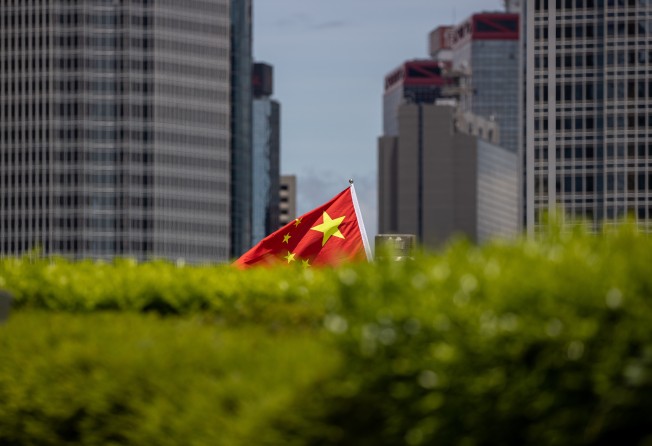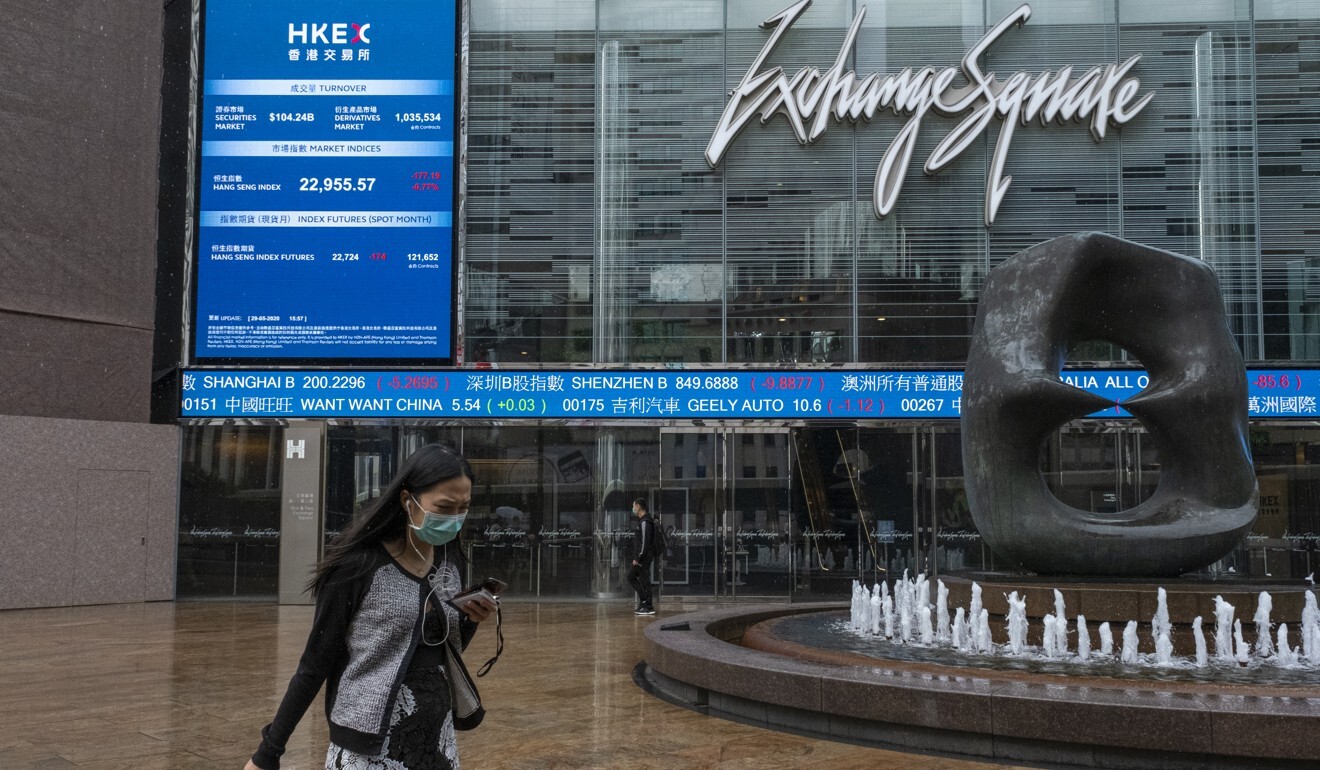
05:50
What you should know about China's new national security law for Hong Kong

The narrative in the international financial press is that Hong Kong’s new national security law will disrupt markets, could expose companies and their employees in Hong Kong to vague, politically motivated charges and may spark global sanctions and massive capital outflows, degrading Hong Kong’s status as an international financial hub.
The law’s language is very broad, its reach global. A company’s business licence may be revoked and its funds confiscated, for example. There is scope for the Hong Kong police to search premises, seize travel documents and freeze assets without a warrant. Trials involving state secrets may be closed to the media and tried without a jury.
Businesses in Hong Kong could, in theory, face consequences for the activities of their employees anywhere in the world. Consulting, equity research, lobbying and other corporate pursuits considered essential to the smooth functioning of financial markets in the West could be prosecuted. The buffer that Hong Kong once provided to firms that offended mainland interests has largely evaporated.

05:50
What you should know about China's new national security law for Hong Kong
But anyone who concludes that China’s leaders have not properly thought through the law’s impact on business in Hong Kong misses the point. The law accomplishes exactly what China wants it to do. It crystallises China’s priorities for Hong Kong: in any conflict between China’s political imperatives and business, politics will always trump business.
China wants Hong Kong to retain its financial prominence, but on China’s terms. Hong Kong’s key advantages over other Chinese cities – a convertible currency pegged to the US dollar and backed by massive foreign reserves, one of the world’s deepest stock markets, low taxation and ease of doing business, a conduit for foreign investment into China and a safe haven for assets coming out of China – will continue to serve Beijing’s interests.
Those interests will be better served if Hong Kong remains an international financial and commercial hub. Accordingly, China is happy for foreigners to do business in Hong Kong – as long as they are friendly and politically reliable.

Think of the national security law as a sorting mechanism: companies that will not comply with China’s political bottom lines are encouraged to stay away, while companies willing to abide by China’s rules have a leg up on the nation’s massive economy. Businesses must decide for themselves whether to accept this bargain.
If that means some multinationals and investors pull out of Hong Kong, so be it. Plenty of others will remain. Some high-profile departures may open the door for more mainland firms and professionals to play a larger role in Hong Kong, a net positive from Beijing’s standpoint.
Firms are on notice that if they or their employees anywhere in the world openly criticise China, challenge China’s key policies, support sanctions directed at China, fund organisations that lobby against China, or hobnob with politicians who demonise China, their operations and employees in Hong Kong risk running afoul of the national security law.
Even the law’s vagueness about its highest stakes provisions is a policy choice. Because the law does not spell out exactly what activities may breach it or which crimes warrant mainland jurisdiction, companies are have an incentive globally to boost their precautions against offending China.

The law’s text never really mattered – Hong Kong’s government and mainland courts would interpret such a law in a manner that furthers the party’s interests. By serving up a broad and extraterritorial law, China is actually being more transparent than it had to be.
A narrower national security law could have reached much the same results without making it clear to multinationals what the stakes really are.
So how should business in Hong Kong adapt? First, companies need to get to grips with the new reality – from a political risk standpoint, doing business in Hong Kong is now little different from doing business on the mainland.
Accordingly, companies ought to have a hard think strategically: do you want access to the gateway to the world’s second-largest economy? Are you willing and able to police your operations globally to ensure they do not breach the new law?
My bet is that much as a slew of US companies has recently doubled down on China despite all the bad vibes roiling relations, most multinationals will choose to keep their Asian hub in Hong Kong – while maintaining a Singapore office as a hedge.

Second, firms in Hong Kong need advice on political risk from people who really understand Community Party dynamics and do not confuse the possible with the probable.
Third, business leaders must be prepared for the unexpected. Any seemingly run-of-the-mill issue can morph into a political and legal tempest.
Fourth, companies in Hong Kong need to upgrade their legal, compliance and regulatory affairs functions. General counsel will require a deep understanding of both the Commonwealth legal tradition and the Chinese legal system.
Finally, expect foreign businesses in Hong Kong to hire more politically connected mainlanders. The rare senior executive with one foot in international business and the other in Beijing can help refine a firm’s China strategy, explain how China works to management, and serve as the firm’s ambassador to Beijing. Such people may also provide a modicum of political risk insurance.
While the national security law is a big change for Hong Kong, any global business accustomed to navigating the mainland should have little trouble navigating the new Hong Kong.
Joshua M. Zimmerman is a former corporate lawyer who has resided in Hong Kong since 1997